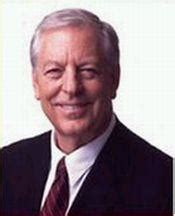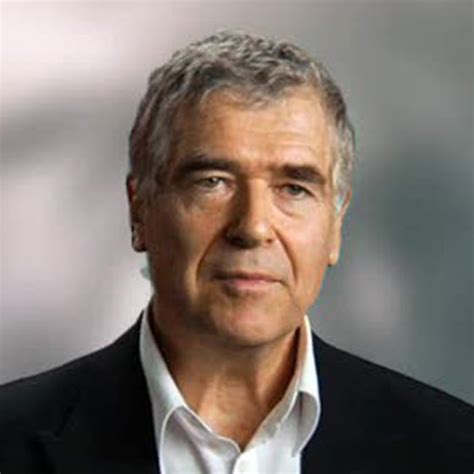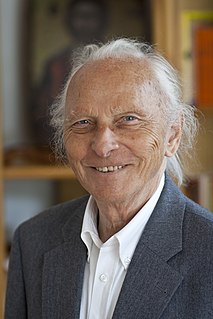A Quote by G. Frank Lawlis
According to a recent study, depression is described as being the disease most destructive to humankind, largely because of the devastation it wreaks on our lives.... Yes, we could set up our minds to ignore our feelings and barricade ourselves from the winds and dust of the brain pattern. And we could become like robots, refusing to consider the passion and joys that could be ours. But then, we also might as well be dead.
Related Quotes
Who can keep us from recreating our life as we would like it to be-as it could, and should be? No one but ourselves can keep us from being artists, rather than marching forward like mere consumers, corporate robots, sheep. No one but ourselves can keep us from dancing with life instead of goose-stepping. In every moment recognizing our own creative imagination, the living picture we paint on the canvas of our lives. Everything is imagination. And imagination is freedom, but it can also be conditioning, bondage.
If love could force my own thoughts over the edge of the world and out of time, then could I not see how even divine omnipotence might by the force of its own love be swayed down to the world? ...how it might, because it could know its own creatures only by compassion, put on mortal flesh, become a man, and walk among us, assume our nature and our fate, suffer our faults and our death?
We don't get a chance to do that many things, and every one should be really excellent. Because this is our life. Life is brief, and then you die, you know? So this is what we've chosen to do with our life. We could be sitting in a monastery somewhere in Japan. We could be out sailing. Some of the team could be playing golf. They could be running other companies. And we've all chosen to do this with our lives. So it better be damn good. It better be worth it. And we think it is.
His true Being comes to light and even penetrates his clothing. We should not limit ourselves to Jesus. We have to recognize ourselves, our own true form... Life would be so simple if we could always see what we are; if we could recognize what our neighbors are. If we could see the beams of light that pass through their clothing; if we could not only see their external form, but also experience their true being.
If only the scientific experts could come up with something to get it out of our minds. One cup of fixit fizzle that will lift the dirt from our lives, soften our hardness, protect our inner parts, improve our processing, reduce our yellowing and wrinkling, improve our natural color, and make us sweet and good.
There are lots of examples of routine, middle-skilled jobs that involve relatively structured tasks, and those are the jobs that are being eliminated the fastest. Those kinds of jobs are easier for our friends in the artificial intelligence community to design robots to handle them. They could be software robots; they could be physical robots.
We could learn to stop when the sun goes down and when the sun comes up. We could learn to listen to the wind; we could learn to notice that it's raining or snowing or hailing or calm. We could reconnect with the weather that is ourselves, and we could realize that it's sad. The sadder it is, and the vaster it is, the more our heart opens. We can stop thinking that good practice is when it's smooth and calm, and bad practice is when it's rough and dark. If we can hold it all in our hearts, then we can make a proper cup of tea.
I could have a sex change and become a woman, physically. But in some ways that isn't even necessary. Because we live in a time when real life, and virtual life are at parity. We are so used to being creators, and creating versions of ourselves, mainly online, and through our communication technology, that I could very well picture myself as a woman, and consider myself a woman, even if my body would be classified as a male body by a medical examiner.
We spent as much money as we could and got as little for it as people could make up their minds to give us. We were always more or less miserable, and most of our acquaintance were in the same condition. There was a gay fiction among us that we were constantly enjoying ourselves, and a skeleton truth that we never did. To the best of my belief, our case was in the last aspect a rather common one.
Anxieties about ourselves endure. If our proper study is indeed the study of humankind, then it has seemed-and still seems-to many that the study is dangerous. Perhaps we shall find out that we were not what we took ourselves to be. But if the historical development of science has indeed sometimes pricked our vanity, it has not plunged us into an abyss of immorality. Arguably, it has liberated us from misconceptions, and thereby aided us in our moral progress.



































